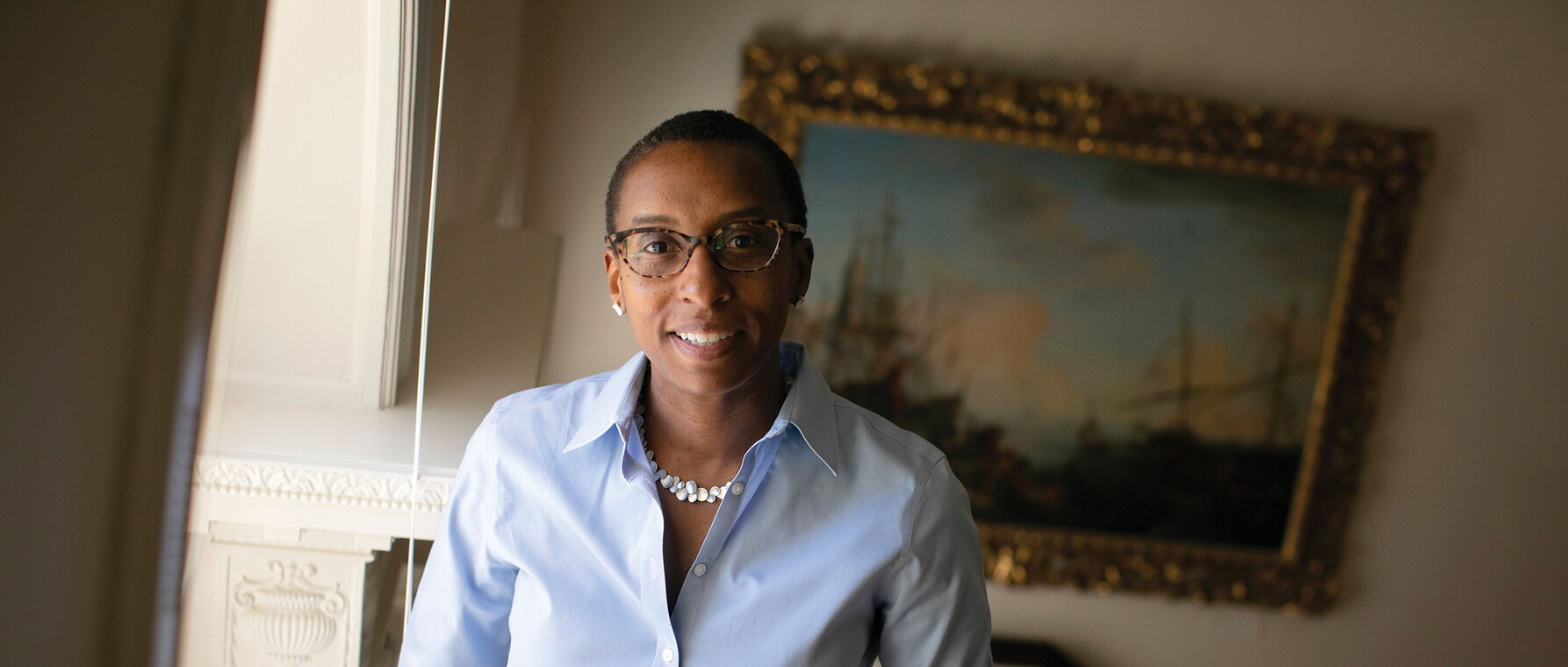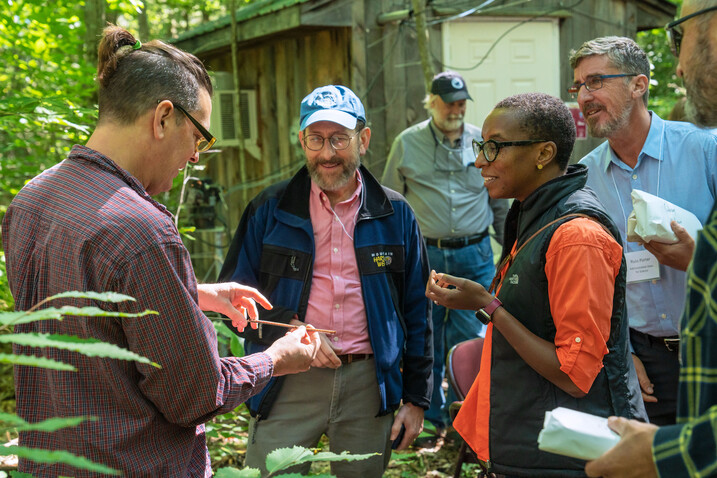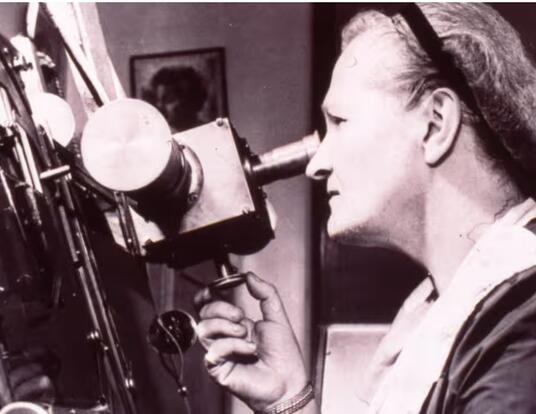Leading in the Academy, Studying Democracy
GSAS Voices: Claudine Gay, PhD ’98

Throughout its 150th anniversary year, GSAS is foregrounding the voices of some of its most remarkable alumni and students as they speak about their work, its impact, and their experiences at the School.
As Edgerley Family Dean of the Faculty of Arts and Sciences (FAS), Claudine Gay leads the largest academic unit at Harvard, including Harvard College, GSAS, the John A. Paulson School of Engineering and Applied Sciences, and the Division of Continuing Education. As Wilbur A. Cowett Professor of Government and of African and African-American Studies, Dean Gay is one of the country’s top political scientists. She talks about her research on voting in low-income communities, leading FAS through the COVID-19 pandemic, and the way that her GSAS mentors shaped her intellectual life and career.
Scholar and Leader
As FAS dean, I’m responsible for ensuring that the School remains a thriving, dynamic academic community where students, faculty, and staff can come together and do their very best work. That means facilities and financial resources needed for top-flight teaching and research, a curriculum that responds to the interests of students, and a working environment that allows staff not only to do their jobs effectively but also to grow professionally.
As a political scientist, I'm interested in the politics and the political lives of ordinary people. I'm especially interested in their decisions about whether or not to vote. I also want to know why political activity like voting is so stratified. Why is it that low-income people in particular participate so little when they have so much at stake in politics and public affairs? And what can we do about that?
In my research, I explored whether some antipoverty programs might also be vehicles for engaging low-income adults in the political process. So I looked at the issue of housing. Does public investment in the construction of affordable housing contribute to greater engagement in politics by those on the receiving end? What I found was that when the federal government improved or expanded the housing stock in a low-income community, the residents voted more and in general became more involved in politics. It could be that government investments in a community create a clearer link in the minds of individuals between public action and their own well-being. It could also be that improvements to housing and infrastructure remove some of the barriers to participation—for instance, by making it easier to get back and forth to polling places or by making people feel safer to be out in their neighborhood. So investments in housing and poverty reduction may have downstream positive benefits for political participation among low-income people.

From a Pandemic, Resilience
Although COVID-19 is not entirely in the rearview mirror, I’m very proud of our resilience through even the darkest days of the pandemic. We've arrived at this point with our mission intact and as vibrant and vital as ever, very much ready for the future. That’s a point of pride for me personally and, I think, for the entire FAS community.
One of the lessons of the pandemic was that we can extend our reach through technology. But what the pandemic did not do is diminish the value of in-person, residential education. If anything, it brought into relief the unique power and magic of in-person learning—not just classroom teaching but also research and knowledge creation. In the past two years, it’s only become clearer to me that we need to preserve that experience.
Model Mentor
I was very fortunate to be the beneficiary of strong mentoring and advising at GSAS. It was through mentoring that my intellectual passions were revealed to me. I came into graduate school believing that there was a particular set of questions that I wanted to pursue. It turned out that what really got me out of bed in the morning was this other set of questions that a faculty member put to me. They inspired in me an excitement that sustained me not only through my dissertation but also through my entire career. I would not be where I am today if not for the mentors I encountered while at GSAS.
It wasn’t just my dissertation advisor, the eminent political scientist and remarkable human Sid Verba. There was a group of people who invested in me and my development, asking me insightful, probing questions at the right moment that steered me toward opportunities I might otherwise have missed. Because I was the beneficiary, I’ve been committed to mentoring others throughout my career. It was the defining characteristic of my experience at GSAS, and I try to model it every day in my own actions and work with students and early-career scholars.
Photo by Stephanie Mitchell/Harvard Staff Photographer
Get the Latest Updates
Join Our Newsletter
Subscribe to Colloquy Podcast
Simplecast





